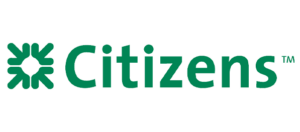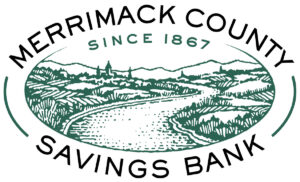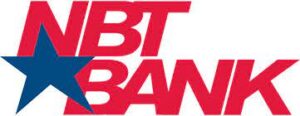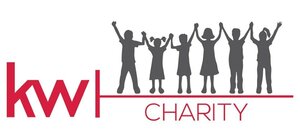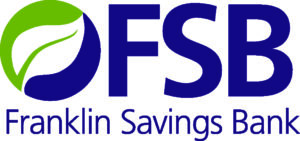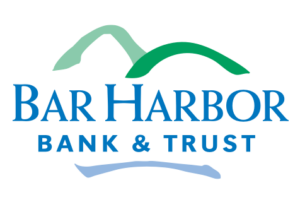Buying a home? Need a mortgage?
Use this guide to help navigate the buying and borrowing process.
There’s more to a mortgage than just a good rate. It’s an exciting experience that can turn overwhelming if you don’t take time to understand the application process. This guide offers the basics on what goes into applying for a mortgage, and will help demystify the application process.
Education: Attend a Home Buyer Seminar and Meet with a Home Ownership Coach
Learn all the steps of buying a home in detail. Then, meet with a Home Ownership Coach to review your credit, create your home buying budget, and outline your plan to buy a home.
Prequalification: Visit a mortgage lender to compare mortgage options, discuss closing costs and required down payment, and determine if you qualify for your desired purchase price. Documents you will need for prequalification include: your last two years of W2s, two recent pay stubs, and two recent bank statements.
Home Search, Purchase and Sales Agreement: Enlist the help of a realtor in your search. Realtors usually have great insight on the local real estate market. Once you have made your selection, your real estate agent will develop a contract for you and the sellers to sign. This will outline and bind all dates, deadlines and contingencies. A deposit will be required. This is usually refundable if there is an issue with inspections, appraisal or financing.
Home Inspection: Arrange for a home inspection once the sales agreement is in place to find any property issues.
Mortgage Application & Disclosure Package: Upon signing a Purchase/Sales Agreement, contact your lender to apply for a mortgage. Your mortgage specialist will review your application, credit report and appropriate disclosures. Loan cost estimates will be provided to you. Based on the information you supply, you may receive a conditional commitment letter outlining a list of conditions that need to be resolved prior to finalization of the purchase.
Attorney/Title Work & Appraisal: A closing company will research and ensure a clear title for the property. An abstract will be created to determine the legal owner of the home and will also reveal any mortgages, liens, judgments or unpaid taxes that will need to be cleared prior to closing. In addition, an appraisal will be ordered to determine the value of the property.
Finalization of Conditions: Your mortgage team will work with you to ensure all terms set in the commitment letter are finalized. At such time, your loan will be “cleared to close”.
Home Owner’s Insurance: Select an insurance agency to provide homeowner’s insurance for your new home and provide this agency’s contact information to your mortgage specialist. They will work with them to get the proper coverage for your home. Your first year’s premium will need to be paid prior to closing.
Closing: You will get a copy of the final closing numbers showing the breakdown of costs and money you will need to bring to the closing. These funds will need to be in the form of a Treasurer’s Check or Money Order made payable to yourself or the title company. You will need an acceptable government issued identification with you at the closing as well. A representative from the closing agency and your mortgage specialist will be at the closing to go over the paperwork and loan documents that are required to be signed by you and the seller. All money is distributed at this time and the deed will then be recorded with you as the owner of record at the registry of deeds.

